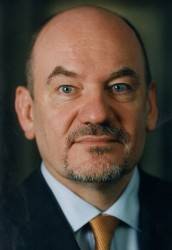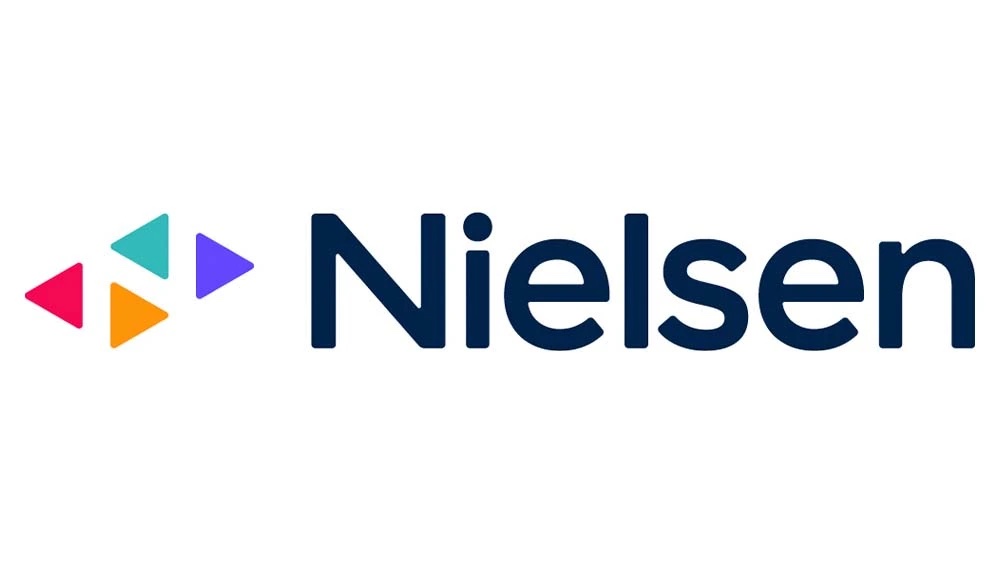Cable Europe calls for better regulatory structure to encourage private investment
Europe’s cable industry is ripe for private investment to boost capacity, reach and quality, but must rally around common standards and principles to encourage this, according to Matthias Kurth, executive chairman and member of the executive committee at Cable Europe.

Speaking at the opening panel discussion of the Polish Chamber of Electronic Communications (PIKE) 2013 conference discussing the European Digital Agenda Digital Dividend, Kurth pointed out that while the continent’s cable industry had already made a major contribution to broadband as well as pay TV development, there were huge disparities between countries in the footprints and strategies for mobility. He pointed out that some of the more developed markets with high population densities, such as the three Benelux countries of the Netherlands, Belgium and Luxembourg, as well as Denmark, had excellent cable penetration, reaching almost 100 percent of households. On the other hand, some of the southern countries, like Italy and Greece, had a patchy and sparse cable footprint.
Kurth called for greater unity in approach to key regulations, especially over net neutrality, to ensure a level playing field across Europe, which he felt would stimulate investment from private sources that might otherwise be deterred by factors discouraging expansion of fixed and mobile infrastructure for cable operators. Earlier in September 2013, Kurth had responded to the European Commission’s proposals for its “Connected Continent” legislative package, by highlighting the importance of ensuring that only players dominant in individual European markets should be subject to regulation, while smaller players should be free of constraints in order to level the playing field. He also urged the Commission to keep working towards a European-wide approach to net neutrality.
“It would be favorable if we could reach a common understanding on the principles of net neutrality for all of Europe rather than fragmented legal skirmishes in the member states which would be a recipe for irritation and confusion,” Kurth said then.
Kurth’s call for harmonization to foster private investment comes at a time when European cable has been boosted by signs that growth is returning after several years of slowdown or stagnation. According to a recent report by Cable Europe itself, in collaboration with media analyst group IHS, the European cable industry grew in value by more than 5 percent in 2012, with revenues scaling €22.4 billion, reaching 61.3 million households and accounting for 112.9 million revenue, generating units at monthly ARPU of €26.60.
Cable Europe is the counterpart to Cable Labs in North America, and the two groups are now merging to work towards common standards. The combined group will have 51 cable companies as members.
The professional video industry's #1 source for news, trends and product and tech information. Sign up below.
